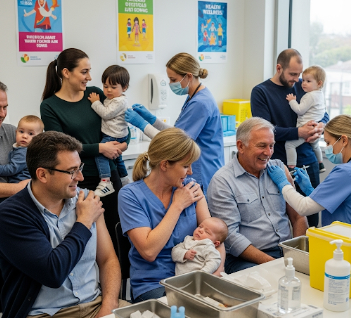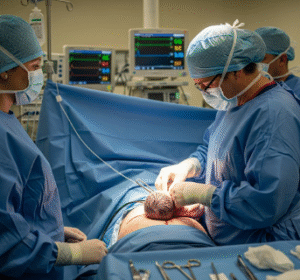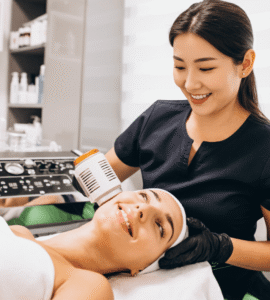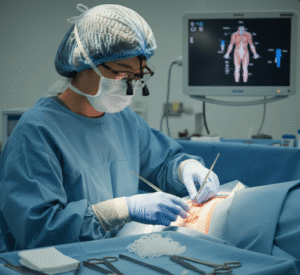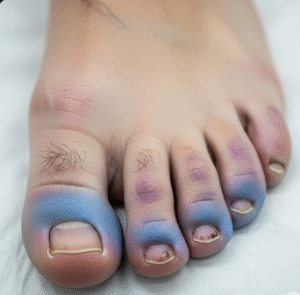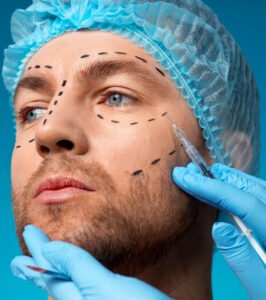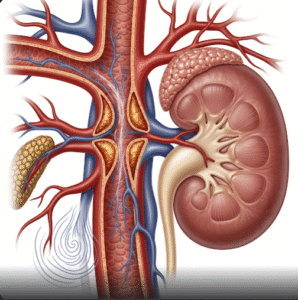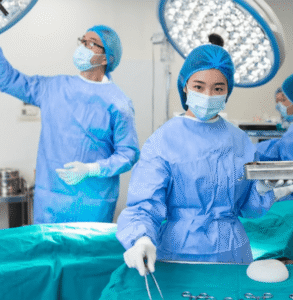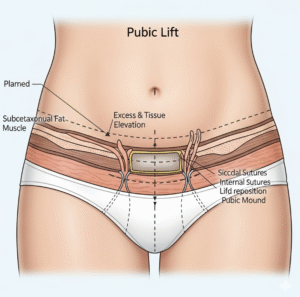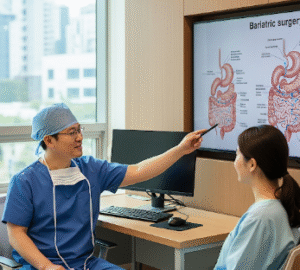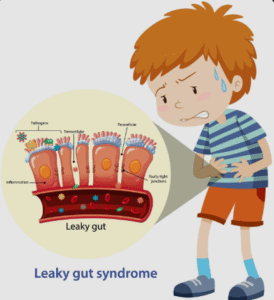What it is
Vaccinations are biological preparations that help protect the body against infectious diseases by stimulating the immune system to produce immunity.
➡ Key facts:
- ✔ Vaccines contain weakened, inactivated, or parts of microorganisms to trigger an immune response
- ✔ Prevent diseases such as measles, mumps, rubella, influenza, hepatitis, pneumococcal infections, and COVID-19
- ✔ Available in public health centers, hospitals, pediatric clinics, and private vaccination centers
- ✔ Can be routine, recommended, or travel-related, depending on age, health, or destination
💡 Vaccinations are a cornerstone of preventive healthcare, reducing the risk of outbreaks and protecting vulnerable populations.
Why it’s done
Vaccinations are administered to:
➤ Prevent infectious diseases → Reduce illness, hospitalization, and death
➤ Protect community health → Herd immunity prevents spread among unvaccinated or immunocompromised individuals
➤ Meet public health requirements → School entry, work, or travel may require specific vaccinations
➤ Protect high-risk populations → Infants, elderly, pregnant women, and immunocompromised patients
➤ Control outbreaks → Reduce incidence and severity of epidemics
⚠ Without vaccinations, individuals and communities face higher disease burden, complications, and mortality.
Alternatives / Complementary Measures
While vaccines are most effective, other preventive measures include:
✔ Hygiene practices → Handwashing, surface cleaning, and respiratory etiquette
✔ Masking → Reduces transmission of respiratory viruses
✔ Quarantine and isolation → For suspected or confirmed infectious cases
✔ Prophylactic medications → For specific infections like malaria or hepatitis B post-exposure
⚠ Vaccinations remain the primary preventive strategy, with complementary measures enhancing protection.
Preparation
Before receiving vaccines in Korea:
🔹 Medical consultation → Review past immunizations, allergies, chronic conditions, or pregnancy
🔹 Medication review → Some immunosuppressive drugs may affect vaccine effectiveness
🔹 Timing → Some vaccines require multiple doses or boosters at specific intervals
🔹 Fasting → Generally not required
🔹 Documentation → Bring vaccination record or health passport for follow-up doses
💡 Korean healthcare providers offer pre-vaccination counseling to ensure safety and optimal scheduling.
How it’s done
➡ Step-by-step vaccination process:
- Screening → Check medical history and contraindications
- Administration → Injectable, oral, or nasal depending on vaccine
- Observation → Typically 15–30 minutes post-vaccination for adverse reactions
- Follow-up → Schedule next doses or boosters as required
💡 Vaccination is quick, minimally invasive, and well-tolerated, with trained professionals ensuring safe administration.
Effectiveness & Success Rate
✔ Highly effective for preventing disease when full schedule is completed
✔ Reduces morbidity and mortality across age groups
✔ Contributes to herd immunity, protecting those who cannot be vaccinated
✔ Efficacy varies by vaccine type and may require boosters for sustained protection
💡 Korean vaccination programs are aligned with WHO and national guidelines, ensuring high coverage and quality.
Recovery / Expected Outcomes
✔ Immediate effects → Minor discomfort at injection site, temporary redness, or swelling
✔ Short-term reactions → Mild fever, fatigue, or headache may occur
✔ Long-term immunity → Develops over days to weeks, depending on vaccine
✔ Follow-up doses → As scheduled to maintain protection
✔ Routine monitoring → For any adverse events and immunization status
💡 Most patients experience minimal side effects and long-lasting protection.
Complications / Risks
⚠ Vaccinations are generally safe, but potential risks include:
➡ Local reactions → Pain, redness, or swelling at injection site
➡ Systemic reactions → Mild fever, headache, or fatigue
➡ Allergic reactions → Rare; managed immediately by healthcare staff
➡ Contraindications → Severe allergies, immunosuppression, or acute illness
💡 Korean clinics adhere to strict safety protocols, monitoring, and emergency response measures.
Treatment Options in Korea (Post-Vaccination Care)
🔹 Symptom management → Analgesics or antipyretics for mild reactions
🔹 Documentation → Vaccination record updated for boosters or travel
🔹 Follow-up schedule → Complete multi-dose vaccines on time
🔹 Travel advice → Additional vaccines based on destination and health status
🔹 Public health monitoring → Reporting of adverse events and outbreak tracking
💡 Korea integrates vaccination programs into public health initiatives for widespread disease prevention.
Top Hospitals & Clinics in Korea for Vaccinations
🏥 Seoul National University Hospital (SNUH) – Comprehensive routine and travel immunizations
🏥 Asan Medical Center (Seoul) – Pediatric and adult vaccination services
🏥 Samsung Medical Center (Seoul) – Specialized vaccines and follow-up care
🏥 Yonsei Severance Hospital – Travel, routine, and catch-up immunizations
🏥 Public health centers – Provide free or subsidized vaccines as part of national programs
Conclusion
Vaccinations in Korea are a critical component of preventive healthcare, protecting individuals and communities from infectious diseases.
✔ Provide long-term immunity and outbreak prevention
✔ Ensure compliance with public health, school, and travel requirements
✔ Safe, effective, and widely accessible for all age groups
✔ Korean hospitals and clinics ensure high-quality administration, expert guidance, and structured follow-up
By combining modern vaccines, professional healthcare teams, and national immunization programs, Korea ensures optimal protection against infectious diseases and supports public health.

